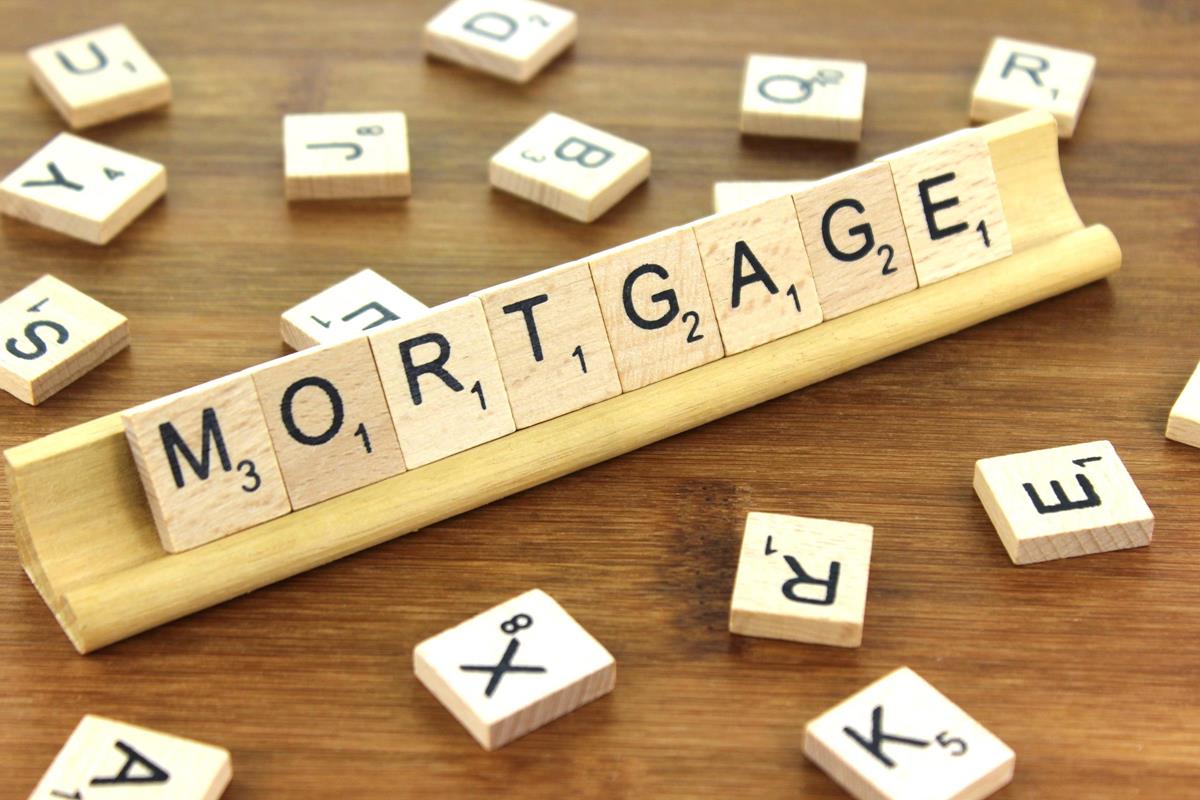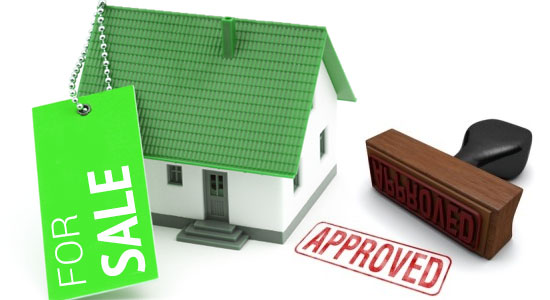
Navigating Mortgage Choices: Fixed-Rate vs. Adjustable-Rate Mortgages

|
|
In the realm of real estate, the journey to homeownership often begins with navigating the intricacies of mortgages. One of the pivotal decisions prospective homeowners face is choosing between fixed-rate and adjustable-rate mortgages (ARMs). Each option comes with its own set of advantages and considerations, making it essential to understand the differences before committing to one. Let's delve into the nuances of fixed-rate and adjustable-rate mortgages to empower you with the knowledge needed to make an informed decision.
Fixed-Rate Mortgages: Stability in Predictability
Fixed-rate mortgages are the bedrock of traditional home financing. With this option, the interest rate remains constant throughout the loan term, offering stability and predictability to homeowners. Here's why fixed-rate mortgages are often favored:
-
Consistent Payments: Perhaps the most significant advantage of a fixed-rate mortgage is the predictability it provides. Monthly payments remain unchanged over the life of the loan, making budgeting more manageable and eliminating the uncertainty associated with fluctuating interest rates.
-
Protection Against Rate Increases: In a climate where interest rates are expected to rise, opting for a fixed-rate mortgage shields borrowers from potential hikes. This safeguard ensures that your mortgage payments won't suddenly balloon due to market fluctuations.
-
Long-Term Planning: Fixed-rate mortgages are ideal for individuals seeking long-term stability. Whether you plan to stay in your home for decades or prefer the peace of mind that comes with knowing your mortgage terms upfront, a fixed-rate option offers security and reassurance.
Adjustable-Rate Mortgages: Flexibility with Potential Rewards
Contrary to fixed-rate mortgages, adjustable-rate mortgages (ARMs) feature interest rates that can fluctuate periodically, typically adjusting annually after an initial fixed-rate period. While ARMs may seem riskier, they come with distinct advantages:
-
Initial Lower Rates: ARMs often start with lower interest rates compared to fixed-rate mortgages. This initial period, known as the introductory or teaser rate, can translate to lower initial monthly payments, making homeownership more accessible, especially for first-time buyers.
-
Potential for Savings: If interest rates decrease or remain stable over time, borrowers with ARMs can benefit from lower mortgage payments. This potential for savings is particularly attractive for those who don't plan to stay in their homes for an extended period or anticipate refinancing before the introductory rate expires.
-
Flexibility for Short-Term Plans: If you foresee changes in your financial situation or plan to relocate within a few years, an adjustable-rate mortgage may align better with your goals. The initial fixed-rate period provides temporary stability, while the subsequent adjustments offer flexibility to adapt to changing circumstances.
Choosing the Right Mortgage for You
When weighing the pros and cons of fixed-rate and adjustable-rate mortgages, consider your financial situation, risk tolerance, and long-term goals. Here are some factors to ponder:
-
Market Conditions: Assess the current interest rate environment and projections for future trends. If rates are historically low or expected to rise steadily, a fixed-rate mortgage may offer peace of mind. Conversely, in a declining rate environment, an ARM could lead to potential savings.
-
Financial Stability: Evaluate your financial stability and ability to absorb fluctuations in mortgage payments. If you prefer consistency and have a fixed income, a fixed-rate mortgage may be the safer choice. However, if you're comfortable with some level of uncertainty and anticipate positive changes in income, an ARM could be advantageous.
-
Long-Term Plans: Consider your homeownership timeline and future plans. If you envision staying in your home for the foreseeable future and prioritize stability, a fixed-rate mortgage may be the best fit. Conversely, if you plan to sell or refinance within a few years or value flexibility, an ARM might suit your needs better.
Ultimately, there's no one-size-fits-all solution when it comes to choosing between fixed-rate and adjustable-rate mortgages. The key is to weigh the benefits and risks carefully, considering your unique circumstances and objectives. By understanding the nuances of each option, you can make an informed decision that aligns with your financial goals and aspirations for homeownership.
|
|
Popular Posts
Search The blog
Categories
Archvie by Month
Looking for resale homes?





